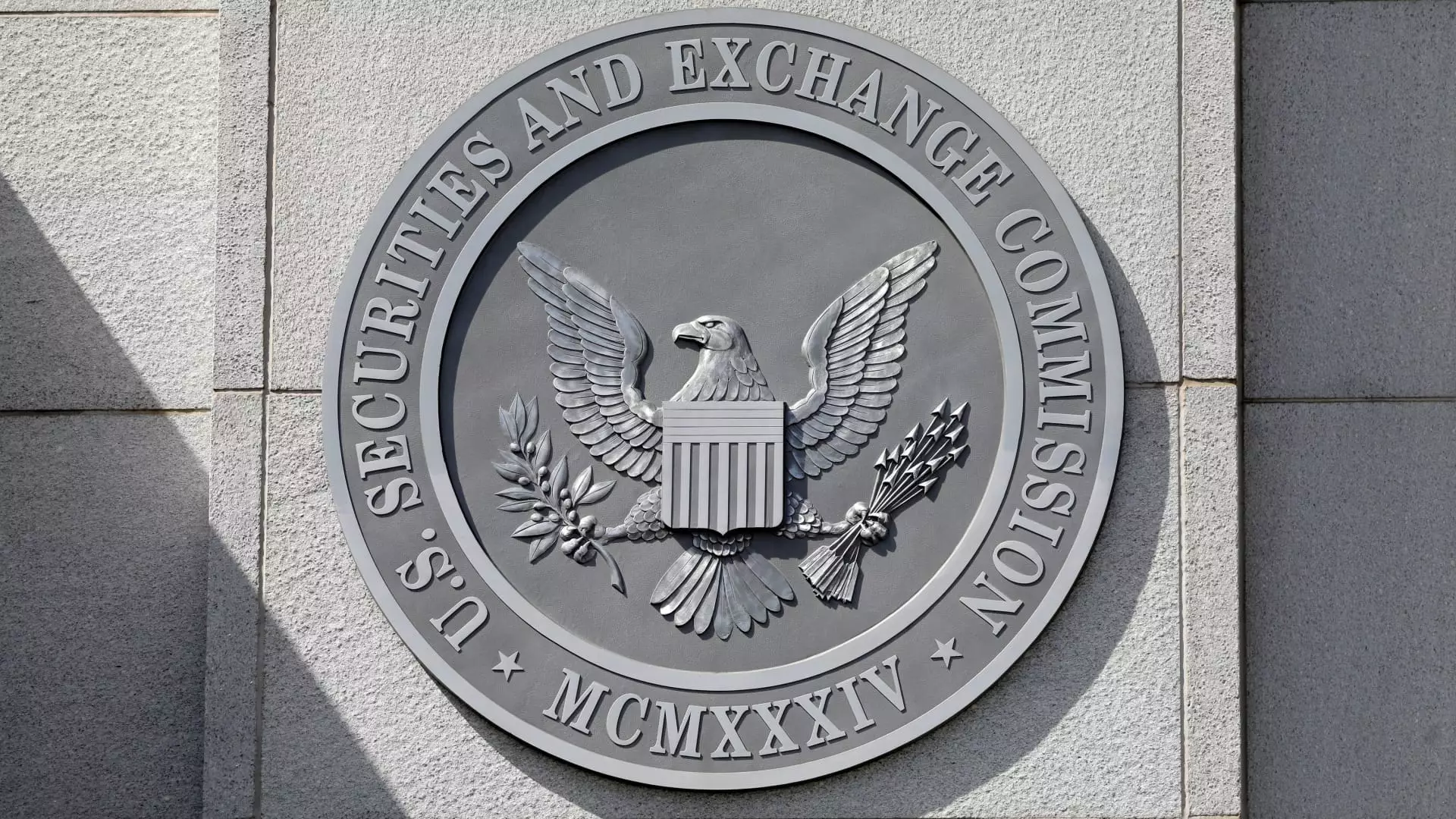The U.S. Securities and Exchange Commission (SEC) has long been a critical pillar in upholding the integrity of capital markets. Recent shifts in leadership and procedures have raised eyebrows regarding the operational autonomy of SEC enforcement staff. Under the new administration helmed by President Donald Trump, directives have been issued requiring that all formal investigations receive the approval of politically appointed commissioners, a notable shift from prior protocols that allocated investigative authority more liberally down the organizational hierarchy.
Traditionally, the SEC has operated with a degree of independence, where the enforcement division had the leeway to initiate probes without mandatory approval from higher-ups. Reports now indicate that enforcement staff must seek explicit permission before embarking on formal orders of investigation, which are necessary for issuing subpoenas for testimony or documentation. This procedural alteration is particularly significant as it constrains the previously held autonomy of lower-level staff who have historically played a vital role in the investigative process.
The justification often cited for such a change is the potential reduction of harm to individuals being investigated, suggesting a more measured approach to enforcement. However, opponents of this shift contend that centralizing approval could lead to delays and inefficiencies that hamper the SEC’s effectiveness in combating fraud and abuse in the financial markets.
The SEC, now consisting of three commissioners—two Republicans and one Democrat—reflects a governance structure that could influence its priorities and operational style. The current acting chair, Mark Uyeda, along with appointed Republican Hester Peirce and Democrat Caroline Crenshaw, navigate a new political landscape that could result in significant policy shifts away from the rigorous enforcement methods seen during the previous administration. Recent departures of Democratic commissioners hint at a seismic political shift affecting the enforcement environment of the SEC.
The crux of the matter lies in the balance of power and oversight within the Commission. With politically appointed leadership actively involved in the investigative approval process, there’s an underlying concern that enforcement might be affected by political agendas rather than being centered solely on compliance and law enforcement.
Historically, shifts in SEC leadership have been accompanied by corresponding shifts in policy and philosophy regarding investigations. Under previous administrations, enforcement authority has oscillated between decentralization and centralization, often reflecting the overarching political climate. For instance, in one of Trump’s previous terms, enforcement directors had to sanction formal probes, showing a trend toward greater oversight, which is now being amplified further.
The practical implications of this new directive remain to be seen. While the Commission may not necessarily reduce the volume of investigations, the necessity of obtaining clearance from political leaders could slow down the initiation of significant cases, possibly emboldening malfeasance amid uncertainty regarding the Commission’s operational tempo.
The White House dynamics play a crucial role in shaping SEC’s strategic focus and enforcement actions. The President’s executive orders aimed at “ending the weaponization” of federal entities further complicate this landscape. How these directives impact the SEC’s operational ethos remains uncertain but suggests a shift towards more lenient mechanisms regarding industry regulation.
Industry insiders speculate that the tightening of approval processes may indicate a trend where the SEC adopts a more industry-friendly stance, allowing for greater leeway in corporate governance and regulatory compliance. Former SEC co-director Steven Peikin’s commentary underscores this perspective, highlighting concerns over efficient resource utilization in the enforcement process.
As the SEC enters this new phase of political oversight and procedural shifts, stakeholders across the financial landscape must remain attentive to how these changes may redefine the boundaries of regulatory authority. Furthermore, the balance struck between political influence and the Commission’s independent mandate will fundamentally shape the enforcement landscape for years to come. Will the SEC be able to uphold its mission of protecting investors while adapting to this new paradigm? Only time will tell.


Leave a Reply